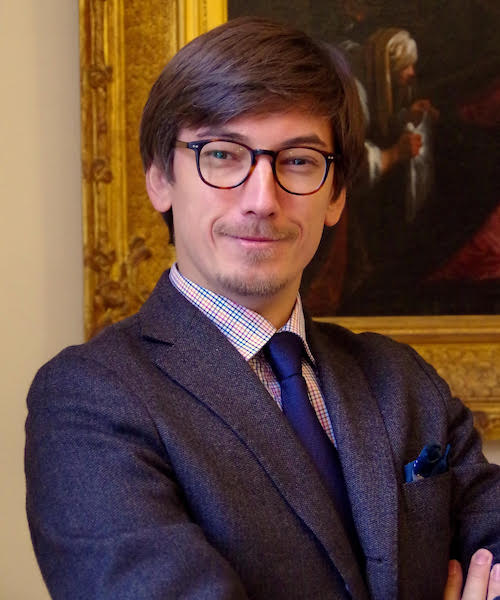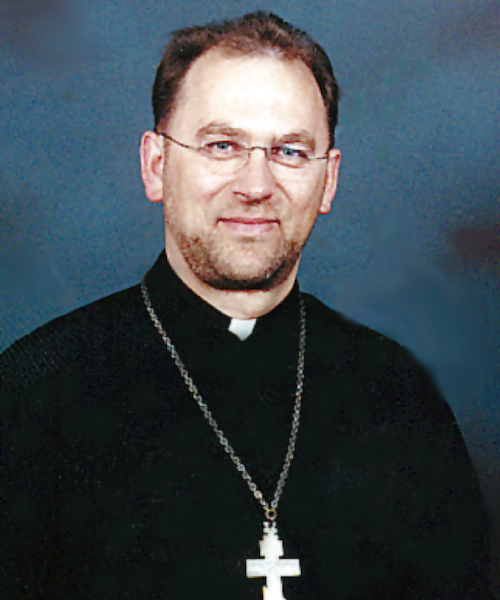Members of the wider Christian community, both in Ukraine and abroad, have also been drawn into the dispute. Churches with close ties to Russia, such as the Serbian and Estonian Orthodox Churches, have refused to recognize OCU independence in an effort to support Moscow. The Greek Orthodox Church, however, seems to support autocephaly. Unrest among Orthodox Christians has also called into question the future of Catholic-Orthodox dialogue after the ROC pulled out of joint projects with the Ecumenical Patriarch, including Vatican-sponsored programs.
This week the Berkley Forum asks: Is Orthodox theology shifting in response to the schism, and if so, how? How might OCU independence shape the power dynamics and relationships between Rome, Constantinople, and Moscow as major centers of Christian authority moving forward? What implications does the split present for other national churches seeking autocephaly? How will OCU independence affect the future of ecumenical dialogue between Catholic and Orthodox communities? What is the path forward for the worldwide Orthodox community following the schism?
related conference | The Orthodox Church of Ukraine: Ecclesiological, Ecumenical, and Geopolitical Dimensions





